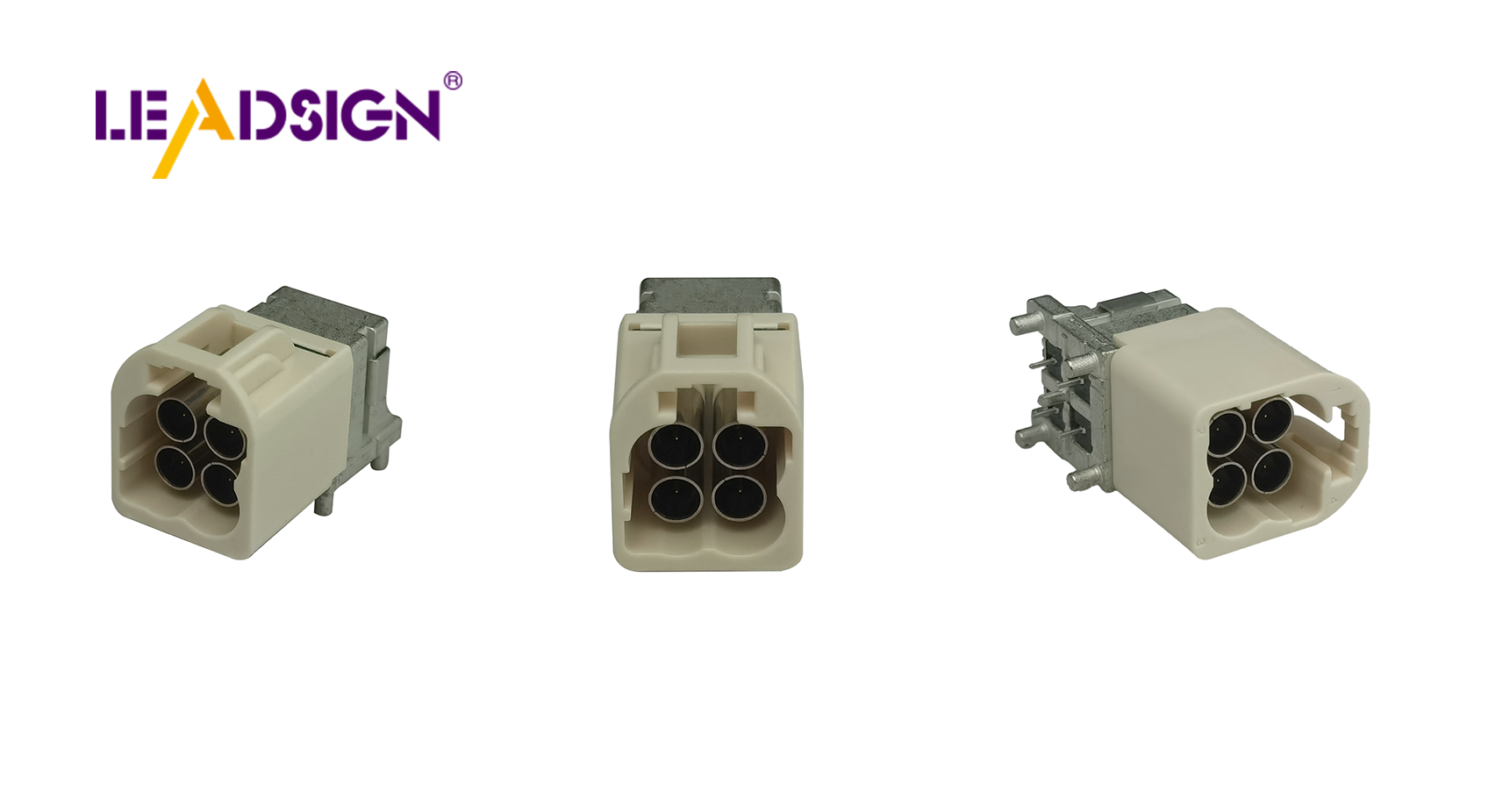Exploring Automotive Wiring Connector Types for Modern Vehicles

Automotive electrical connectors types are crucial components in modern cars. They facilitate communication between various vehicle parts, enhancing performance and safety. With advancing technology, the landscape of car connectors has evolved significantly, enabling enhanced connectivity and user-friendliness. The global market for automotive electrical connectors is experiencing rapid growth, projected to increase from $11.1 billion in 2024 to $20.6 billion by 2032. Understanding the different types of automotive electrical connectors is essential, as they play a vital role in the functionality of electric and safety features in contemporary vehicles.
Overview of Automotive Wiring Connectors
Definition and Purpose
What are Wiring Connectors?
Wiring connectors are key parts in a car's electrical system. They link circuits, letting electricity move between car parts. These connectors help your car's systems work well. Without them, keeping your vehicle's electrical system would be hard.
Importance in Vehicle Electrical Systems
In today's cars, wiring connectors are very important. They help different electronic parts talk to each other, boosting performance and safety. You need these connectors for starting the engine and using features like GPS and music systems. How well they work affects how you drive, making them crucial today.
Historical Development
Early Connector Types
Car connectors have been around since the early 1900s. At first, cars used simple ones for basic tasks. As cars changed, better connectors were needed. By the 1950s, plug and clamp types were common. These changes helped cars handle electric connections better.
Evolution with Modern Technology
The change in car connectors matches tech growth in cars. With more electronics in vehicles, connector types grew fast too. Some fancy cars now use wireless ones instead of metal ones with radio waves. This shows how important they are for new car tech to keep up with safety and performance.
Types of Car Wiring Connectors
Knowing about car electrical connectors is important. They help your car's electric parts work well. Let's look at some common types used in cars today.
Blade Connectors
What They Are and Where Used
Blade connectors are flat metal pieces. They slide into slots. You find them where quick disconnection is needed, like fuse boxes. Their design makes them easy to insert and remove, perfect for places needing regular care.
Good Points and Bad Points
Blade connectors are easy to use and secure. Even beginners can handle them. But they might not stay tight in shaky areas. Also, they don't protect from weather like sealed ones do.
Pin Connectors
What They Are and Where Used
Pin connectors have a pin and a socket part. They're used in many car parts, like sensors. Their design keeps connections strong, which is key for signals.
Good Points and Bad Points
Pin connectors last long and handle lots of power. They come in different shapes for flexibility but are harder to fit than blade ones because they need exact alignment.
Car Electrical Connector Types
Crimp Connectors
Crimp connectors are popular because they're reliable and easy to install. You crimp them onto wires for a strong hold, great for areas with shaking.
Bullet Connectors
Bullet connectors have male and female parts that fit together tightly. They're used where you often connect or disconnect things, like car stereos.
Spade Terminals
Spade terminals look like forks for attaching to screws easily. They're used when you need a solid but removable link, such as grounding wires.
Butt Connectors
Butt connectors join two wires end-to-end securely. They're handy for fixing or extending wire sets, keeping the circuit working well.
By knowing these connector types, you can choose wisely when fixing car systems. Each type has special features making it good for certain jobs in modern cars.
Picking Wiring Connectors
When picking car wiring connectors, think about two things. These are electrical needs and how they work.
Electrical Needs
Power Levels
Pick connectors that fit your car's power levels. Each connector has limits. Using the wrong one can cause problems or dangers. For high-power cars, like electric ones, you need strong connectors. Always check to match them with your car's needs.
Weather Challenges
Car connectors face tough weather like heat and rain. Pick ones that handle these well. Sealed types keep out dirt and water, so they work even in bad weather. In places with strict rules, like Europe, the right connector helps your car last longer.
How They Work
Strong and Lasting
Strong connectors last longer in cars. They must handle bumps and hits without breaking. Ones made from tough stuff like nylon are better for lasting use.
Easy to Use
Easy-to-use connectors save time and stop mistakes when fixing them. Simple designs help both experts and beginners put them in easily.
By thinking about these needs, you pick good connectors for your car. This keeps your car's electric parts working well and safely.
Picking the right connectors is crucial for your car's safety. They keep parts connected well, stopping electrical problems. Choose connectors by pin numbers to improve signals and use. Good connectors help meet safety rules, increasing their need in cars. As tech grows, knowing about wiring is more important. Learn more to see how connectors affect cars today, keeping them safe and working well.
See Also
The Significance of Fakra Auto Connectors in Contemporary Cars
Fundamentals of HSD Connectors in Automotive Sector
Discovering the Advantages of Fakra Auto Connectors

